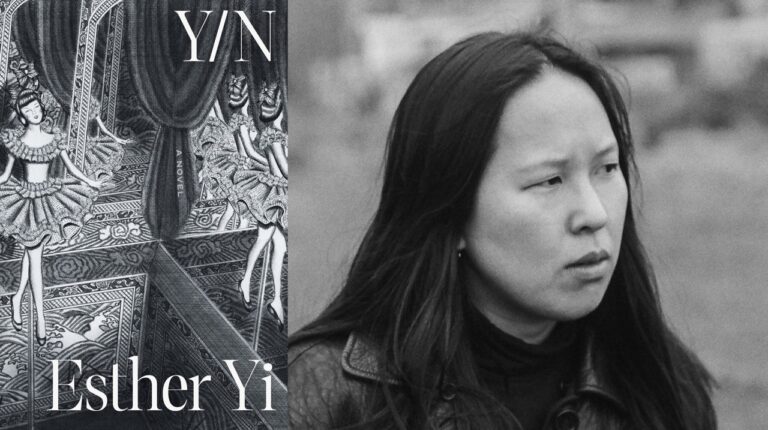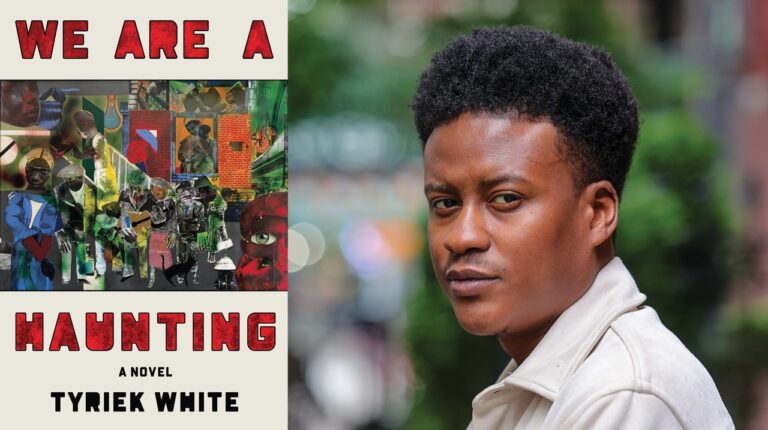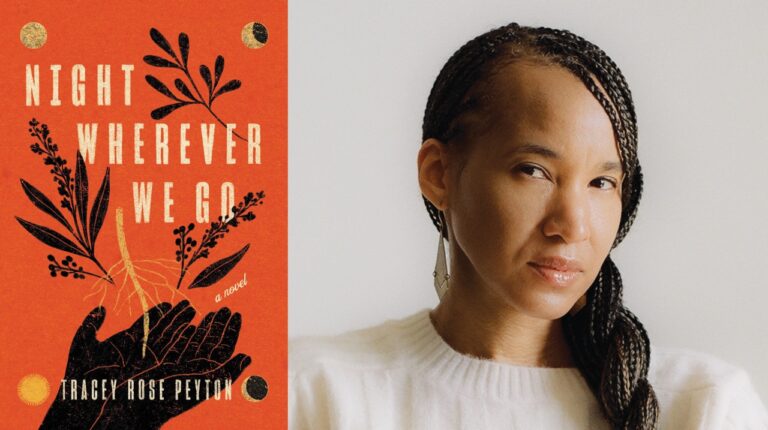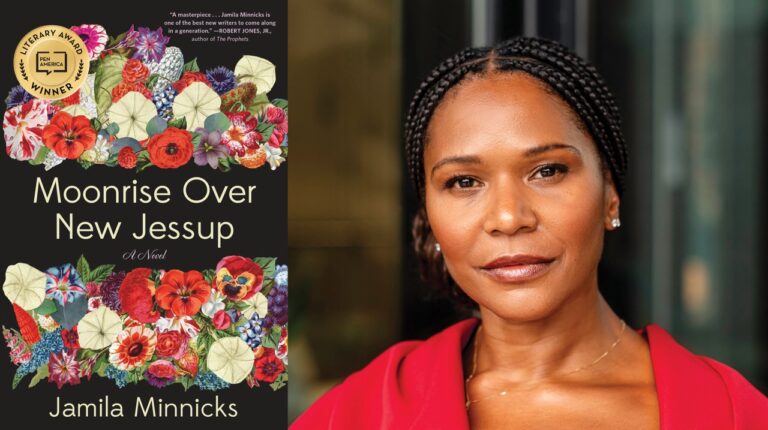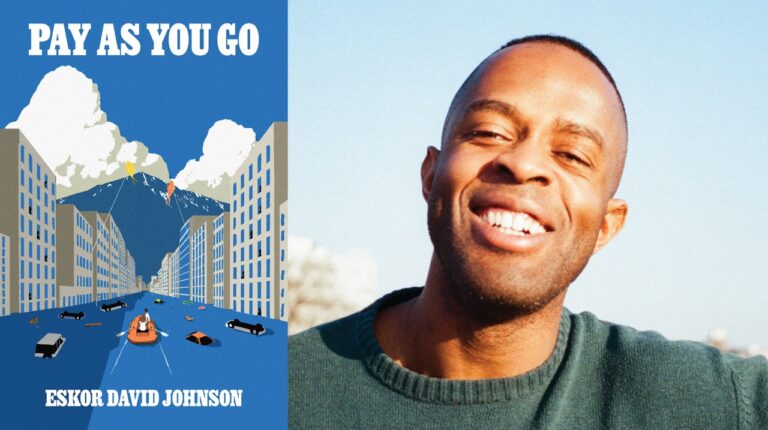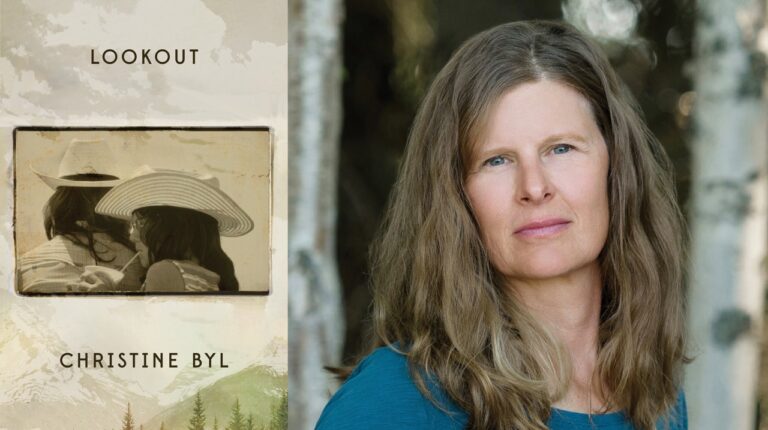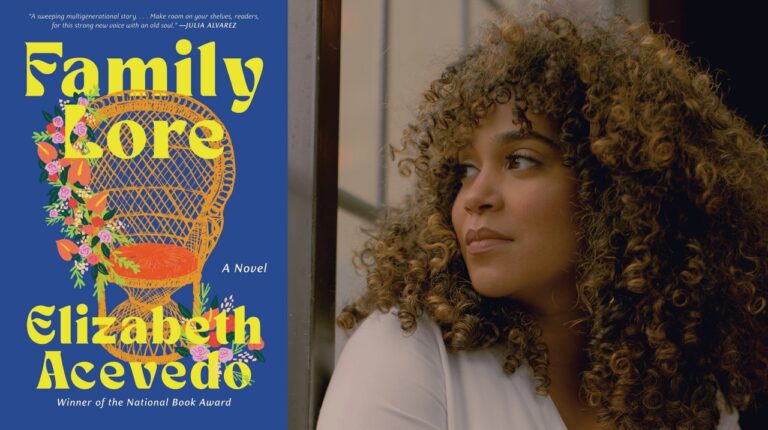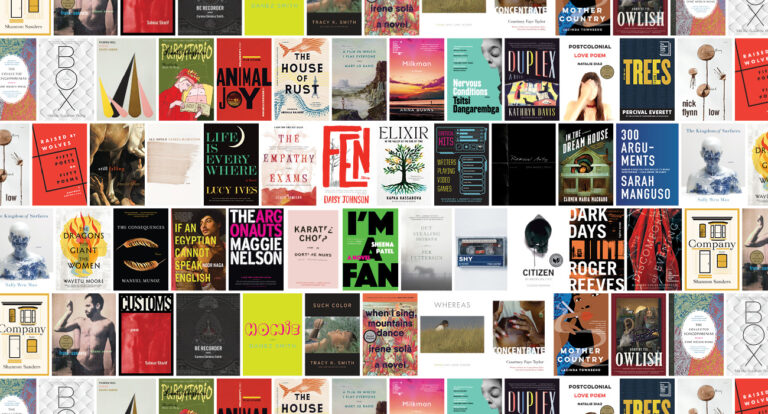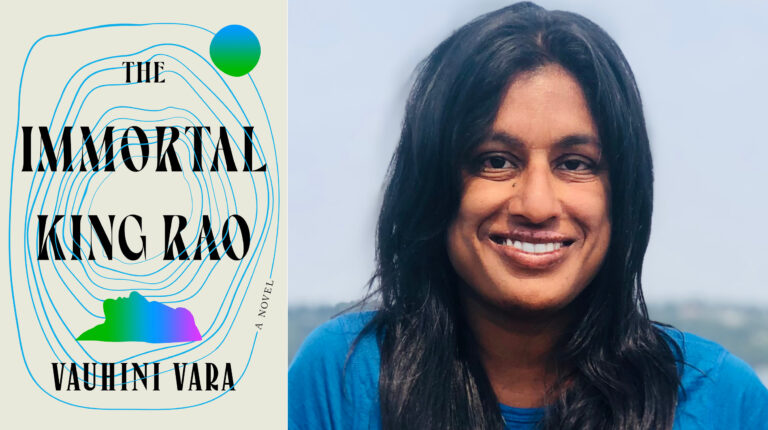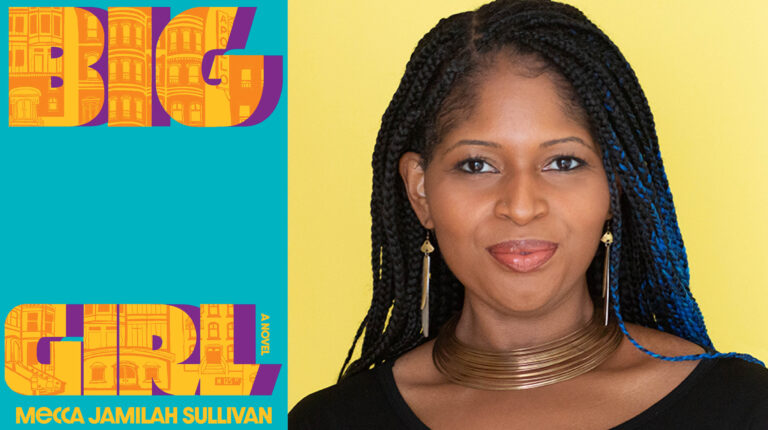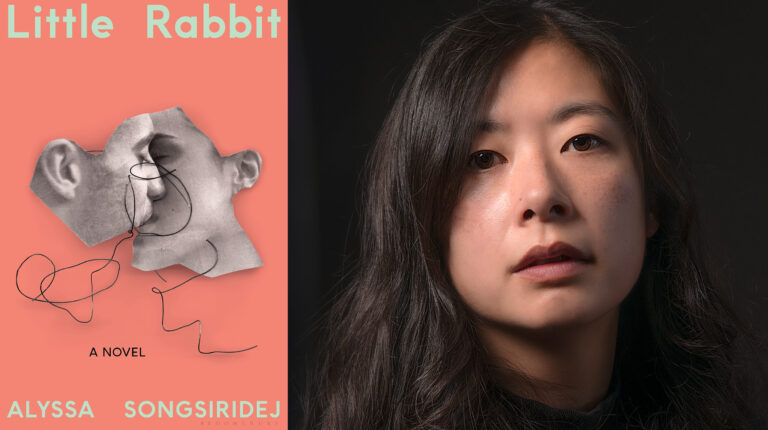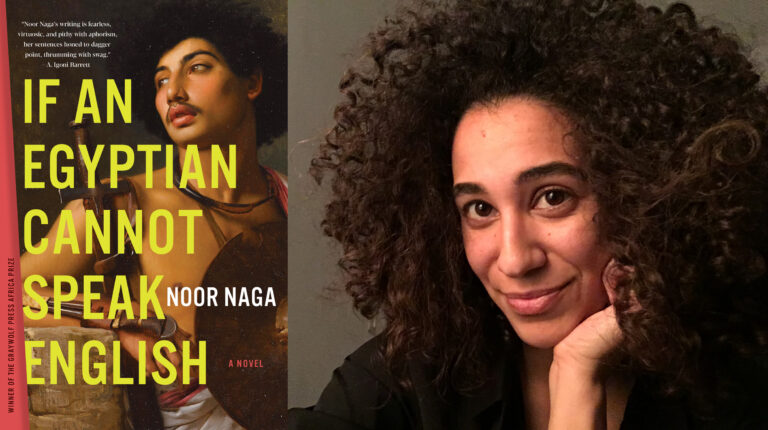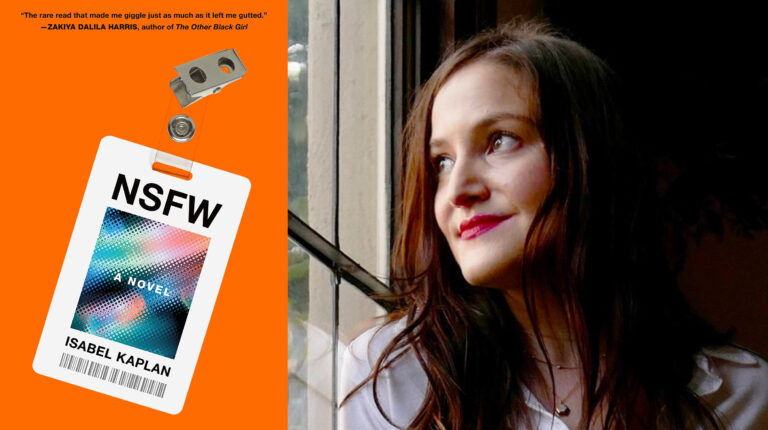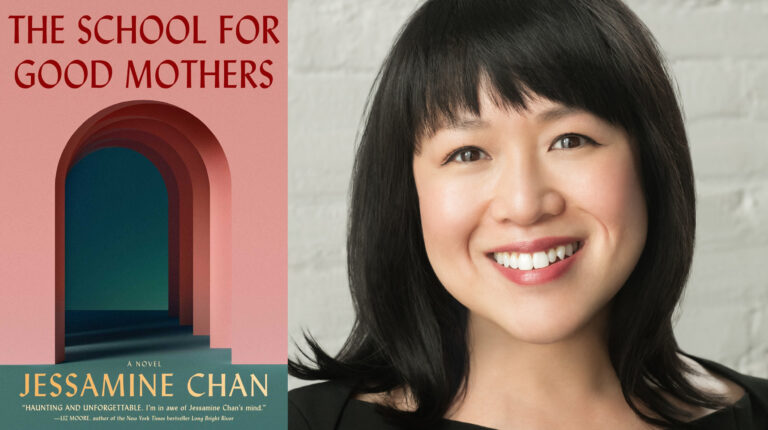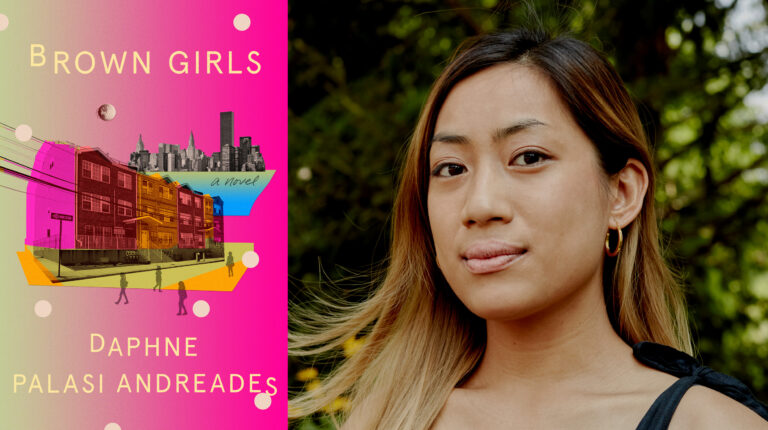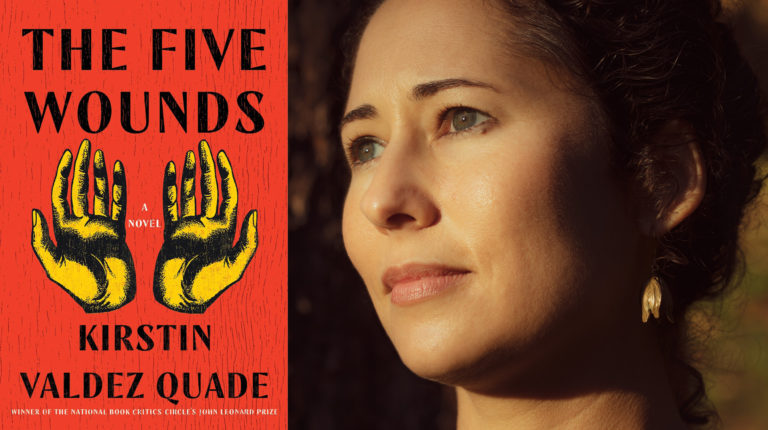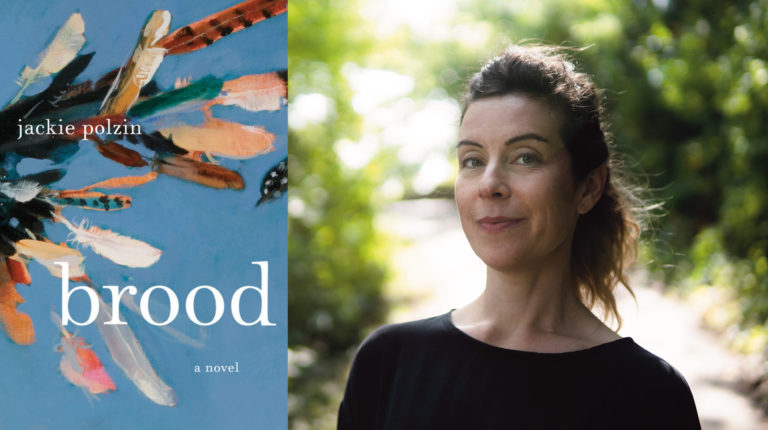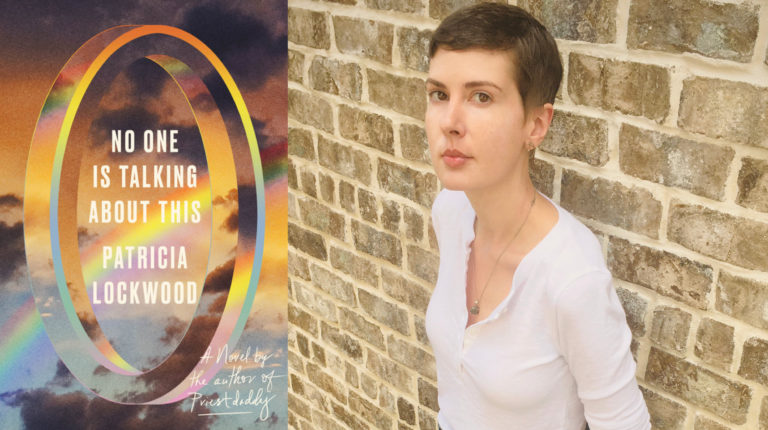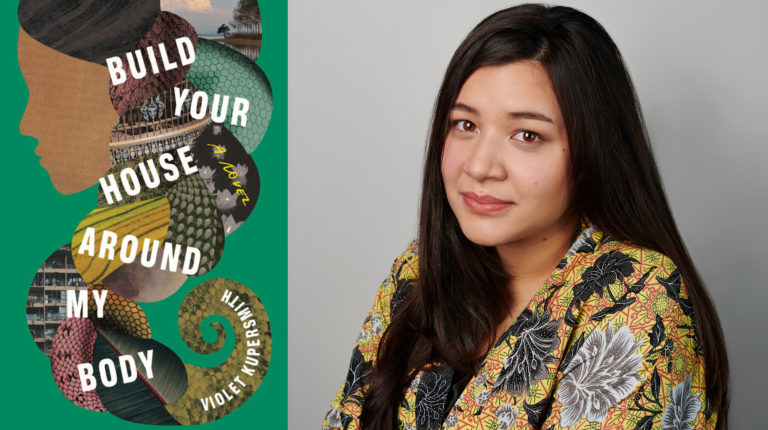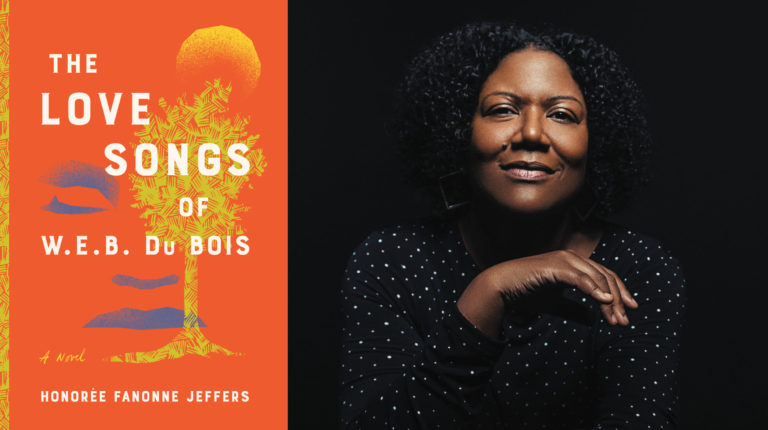Mysterious, heart-wrenching, frequently funny, and ultimately inspiring, Chris Whitaker’s We Begin at the End tells the story of a police chief whose childhood friend has returned from prison after 30 years. Whitaker discussed the novel with Amy Einhorn, President and Publisher at Henry Holt. Click here to order We Begin at the End (out March 2, 2021) from our bookstore and enjoy their illuminating conversation below.
Chris, one of the things I find fascinating about you is how you came to writing and being an author. How is it that someone who was a stock-trader (and lost $2 million on his first day of trading!) now works part-time as a librarian assistant and a writer?
Sometimes I forget how much money I lost, then I see it in print and think, damn, that was a bad day in my life. But probably not the worst day (damn, again).
My writing journey began with me being mugged at age nineteen. The mugger pulled a knife and stabbed me several times, and after that my life kind of imploded. I lost my way in every sense, but found it impossible to ask for help. I had this idealized version of myself, as someone brave, someone my parents could be proud of, and above all, someone who could cope. And realizing that I couldn’t was a terrifying feeling. It was like looking in a mirror and seeing a stranger staring back at you, and thinking ‘You’re not me. I don’t want to be you.’
I tried writing as therapy. I wrote about the incident, only I changed the characters involved. And it helped. The more I wrote, the better able I was to get through each day.
Fast forward through my ill-fated city career, my million-dollar debt and another brush with that stranger in the mirror, and I reached a crossroads at the age of thirty. I could go on working in the city (I had a pregnant wife to support), or I could gamble on writing.
My wife was hugely supportive, but overnight our lives changed. We sold our car and apartment and I began writing a novel.
I took a job in my local library to help pay the bills and because, well, the library is my second home. Ever since I was a child it has meant a great deal to me, a place I can go to leave my world behind and inhabit another.
And now here I am. Poorer, happier, and ironically far less fearful of a future far less certain.
You’ve spoken about your struggles with addiction. How does writing come into play for you with that?
It’s funny, I’ve never really used that word before, or thought of the struggle I had with drugs and alcohol as an addiction, but looking back now that’s exactly what it was. A crutch, the only way I could face and escape my problems. I suppose any form of addiction is at its heart a coping mechanism.
But then I turned to writing. It is the only, single constant in my life that keeps me grounded. And by grounded I mean able to function. To me, writing is as important as breathing. And yet at times it’s so maddeningly difficult I find it close to impossible to sit down and write. God, what a total mess I’m in!
My wife sometimes says that I replaced one addiction with another, and when I’m lying awake at 3am worrying a certain paragraph isn’t as good as it could be, I know that she’s right. When I look back now, at the problems I’ve overcome over the years, the overriding positive I draw from those experiences is that they led to the path I’m on now. I found writing when I needed it most.
Most people who read the novel are completely taken with Duchess. How did she come into being? Why do you think readers respond to her as they do?
Duchess is the thirteen-year-old, wannabe outlaw, beating heart of the story. She is stoic and heroic, hot-headed and humorous and unflinchingly protective of her broken family.
I think we are, by our nature, good. And when we see someone struggling our instinct is to reach out. And throughout the story Duchess is a child struggling, and that can be a very powerful, emotive thing to witness. And whilst we, as readers, are forced to be passive observers, we can still hope and dream for a better future for the characters we care about. And Duchess needs that, she needs good people around her.
As for where she came from, we’re back to those difficult days. Duchess was created because I needed her. I needed a level of transference, my problems and struggles needed to be shared or…deflected. And when I first sat down, all those years ago, and began writing as therapy, it was Duchess that I wrote. I saw her so clearly. Outwardly small, in her large Stetson, with the name she has, she screamed victim. But she was also carrying a gun. Duchess is tough, unquestionably. She has to be so incredibly tough just to live through each day, to not give in and to keep the smile on her face (though it’s reserved solely for her younger brother).
And from there she just evolved. She became someone I checked in with off and on over nearly two decades. She’s so lost, not knowing her father, having no tangible roots. A drug-addict mother, a local police chief who watches her every move. She’s had no childhood to speak of, yet throughout the story we get glimpses of the girl she might have been, or might still be.
And those glimpses are what keep us rooting for her.
We Begin at the End takes place in California and Montana. I think many readers are surprised to learn you are British. Why did you choose to set the novel in those places? Could the story just as easily been set in your own country?
To me there’s no greater compliment than the story feeling authentic. And I am eternally grateful to the team at Henry Holt for helping me create this world, and catching my endless mistakes.
I’ll admit it’s a challenge, setting a story in locations I have never visited, but I just felt in my heart there was no way the story could have taken place anywhere else. Duchess and Walk, Vincent and Star, they are entirely of their environment. America is sprawling, the kind of rich, endless landscape where I find my imagination has no constraints, where I have the room to tell the kind of big story I wanted to tell. I had such a strong vision of Cape Haven, this beautiful coastal town slowly eroding and being claimed by the ocean and property developers. And in many ways the town mirrors Walk, who had this idyllic childhood and has never really moved on from it. He wanted to press pause on his life back when he was fifteen, the last time he was truly happy. But life doesn’t work like that, and as the town is slowly stripped of this perceived charm, so too is Walk stripped of his ideals.
And then we move to Montana, where Duchess visits a grandfather she’s never met before. He went there to escape, and talks of the wide open plains bringing clarity to his thoughts. At first she doesn’t, or chooses not to, see this, and truly hates him, and the farm. But as she calms, and life settles, the change of pace brings out a different side to her. I loved writing those chapters. I’d have a tough day, then settle down at my desk and travel the four thousand miles to Montana, where I wrote the scenes as if I were living them myself.
What writers do you most admire and why? Perennial question: you’re going to a deserted island and you can only grab five books, which ones?!
I admire anyone that writes. Anyone that manages to finish a book, it’s a huge achievement and I salute them. I read everything, every genre. Working at the library helps with this. I love how subjective this industry is, how there’s a reader for every story.
I grew up reading Dennis Lehane, Tess Gerritsen, John Grisham. Stephen King! The master of characterization. I snuck a copy of It from the library when I was a kid and scared myself shitless. I love Maggie O’Farrell, Jane Harper, Kazuo Ishiguro. Cormac McCarthy! I’ve read The Road many times, it gets better and better. The Year of the Runaways by Sunjeev Sahota was sublime. I read some of The Book Thief to my kids recently, and it’s a wonderful story. I’m lucky enough to be sent lots of books, and I borrow tons. My TBR pile could insulate a small house. Have I successfully managed to avoid picking five? Can I write a few more then pick my own books without sounding narcissistic?
Chris Whitaker lives in the United Kingdom with his wife and three young children. When not writing he works part-time at a local library, where he gets to surround himself with books. His own authored books include Tall Oaks and All the Wicked Girls.
Amy Einhorn has been in publishing for 30 years. Before joining Henry Holt, she was EVP and publisher at Flatiron Books and headed an eponymous imprint, Amy Einhorn Books, at Penguin. Some of her bestselling fiction titles include the the #1 New York Times bestseller Big Little Lies and bestsellers Nine Perfect Strangers by Liane Moriarty, The Postmistress and The Guest Book by Sarah Blake, This Is How It Always Is by Laurie Frankel, and Free Food for Millionaires by National Book Award Nominee Min Jin Lee. Her nonfiction bestsellers include the #1 New York Times bestsellers Let’s Pretend This Never Happened and Furiously Happy by Jenny Lawson and A Higher Loyalty by former FBI Director James Comey, as well as bestsellers such as Amy Sedaris’s I Like You and Isaac Mizrahi’s memoir, I.M..
Featured Book
-
.
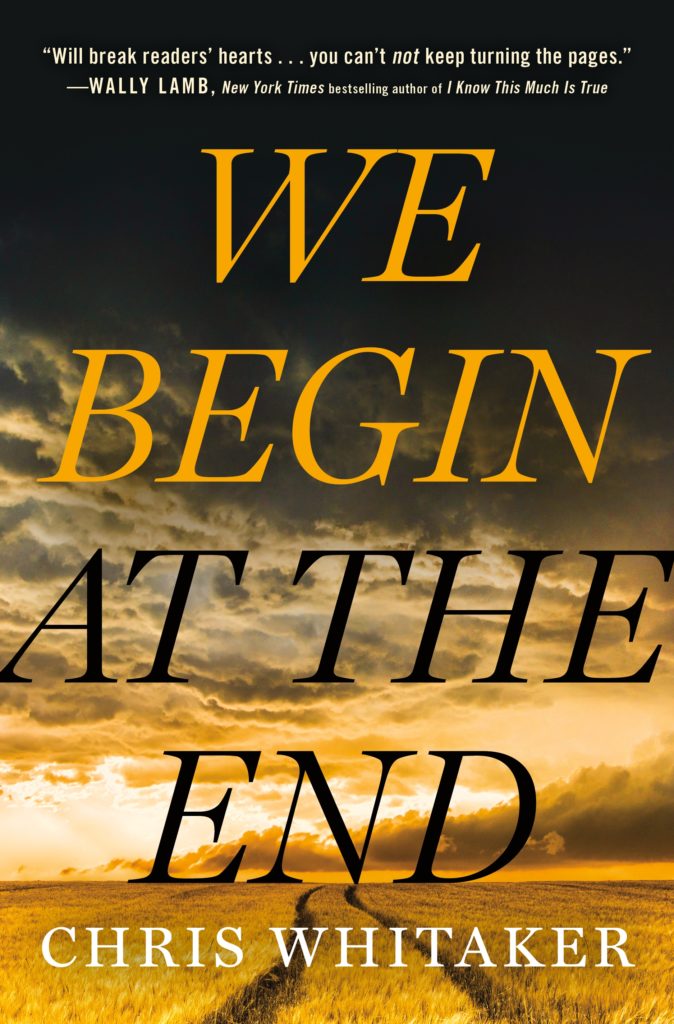
We Begin at the End
By Chris Whitaker
Published by Henry Holt and Co.
Duchess Day Radley is a thirteen-year-old self-proclaimed outlaw. Rules are for other people. She is the fierce protector of her five-year-old brother, Robin, and the parent to her mother, Star, a single mom incapable of taking care of herself, let alone her two kids.
Walk has never left the coastal California town where he and Star grew up. He may have become the chief of police, but he’s still trying to heal the old wound of having given the testimony that sent his best friend, Vincent King, to prison decades before. And he’s in overdrive protecting Duchess and her brother.
Now, thirty years later, Vincent is being released. And Duchess and Walk must face the trouble that comes with his return. We Begin at the End is an extraordinary novel about two kinds of families—the ones we are born into and the ones we create.
